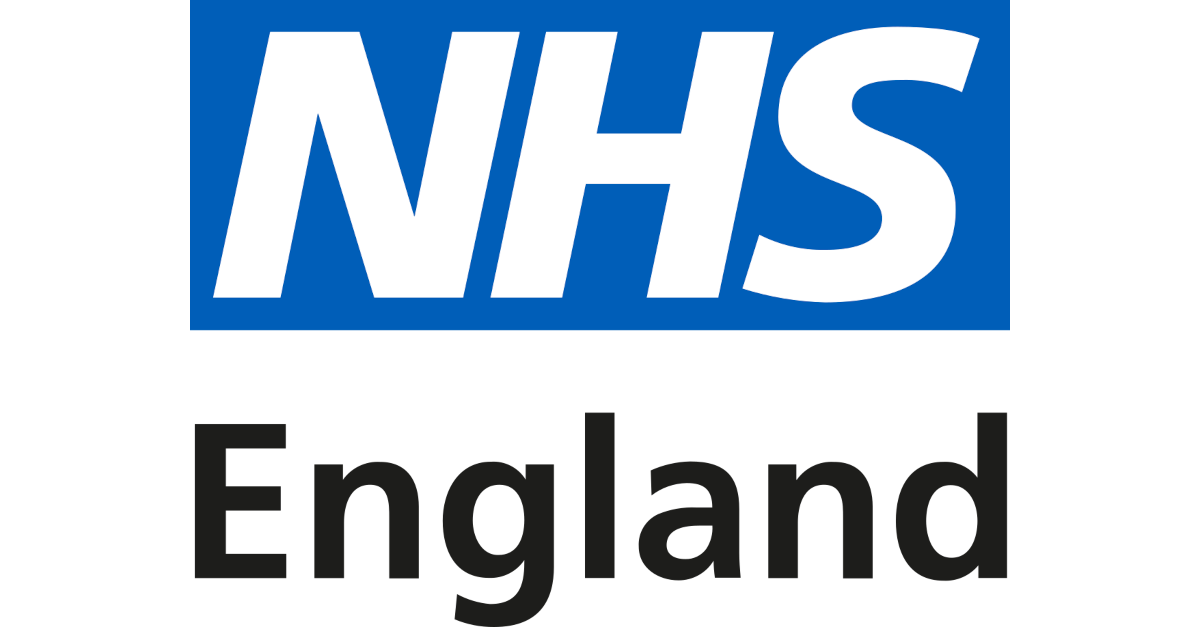Vitamin D deficiency is the most common deficiency
worldwide. It is essential for bone strength and preventing osteoporosis but
many adults have Vitamin D deficiency. Surprisingly, the highest rates of
deficiency are in people aged 18-34. How do we get enough Vitamin D?
The main source of Vitamin D is actually sunlight, with only
a small amount obtained from food. It is difficult to get all your required
Vitamin D from food alone.
We make Vitamin D when our skin is exposed to ultraviolet B
(UVB) light. How much light exposure you need will depend on where you live,
the time of year and your natural skin type. We need to balance our sun
exposure to ensure we get adequate Vitamin D with the adverse effects of UV
exposure and the risk of skin cancer. So, try and get sunlight on your skin
before mid-morning and ensure you have sunscreen on if the UV index is above 3.
The risks associated with Vitamin D deficiency depend on how
old you are and how low your levels are. Severe Vitamin D deficiency in
childhood causes rickets which is characterised by bone deformities. Later in
life a deficiency leads to weaker bones but often no specific symptoms. Most
people will only discover they are deficient in Vitamin D when their doctor
orders a routine blood test to investigate tiredness or low mood.
How to increase your bone strength
In addition to Vitamin D, we need a diet high in calcium and
we need to strengthen our bones through exercise.
Our bones are strongest around the age of 25-30, and after
this age there is a slow decline in peak mass. However, we can take steps to
reduce this natural bone loss and prevent the brittle fragile bones that occur
with osteoporosis. The key to strong bones is a combination of a diet high in
calcium and regular weight bearing exercise. Strength training with weights or
body weights should be performed twice a week. Some of us will also need
medication to assist with bone strength.
Men develop bones that are wider and stronger in comparison
to women whose bones are usually shorter with a thinner outer layer and smaller
diameter. Because of this, women are far more vulnerable to the natural loss of
bone as we age – and at greater risk of osteoporosis resulting in bone
fractures.
It is no surprise that accordingly to the most recent
National Nutrition and Physical Activity survey 73% of females and 51% of males
did not eat enough calcium. Those at greatest risk of inadequate calcium are
people who do not eat diary foods. If you do not eat enough calcium your body
will start to drain the stores of calcium in your bones, making them weaker and
weaker and susceptible to fractures. If you are not eating a diet with enough
calcium talk to your GP about supplementing with calcium tablets.



